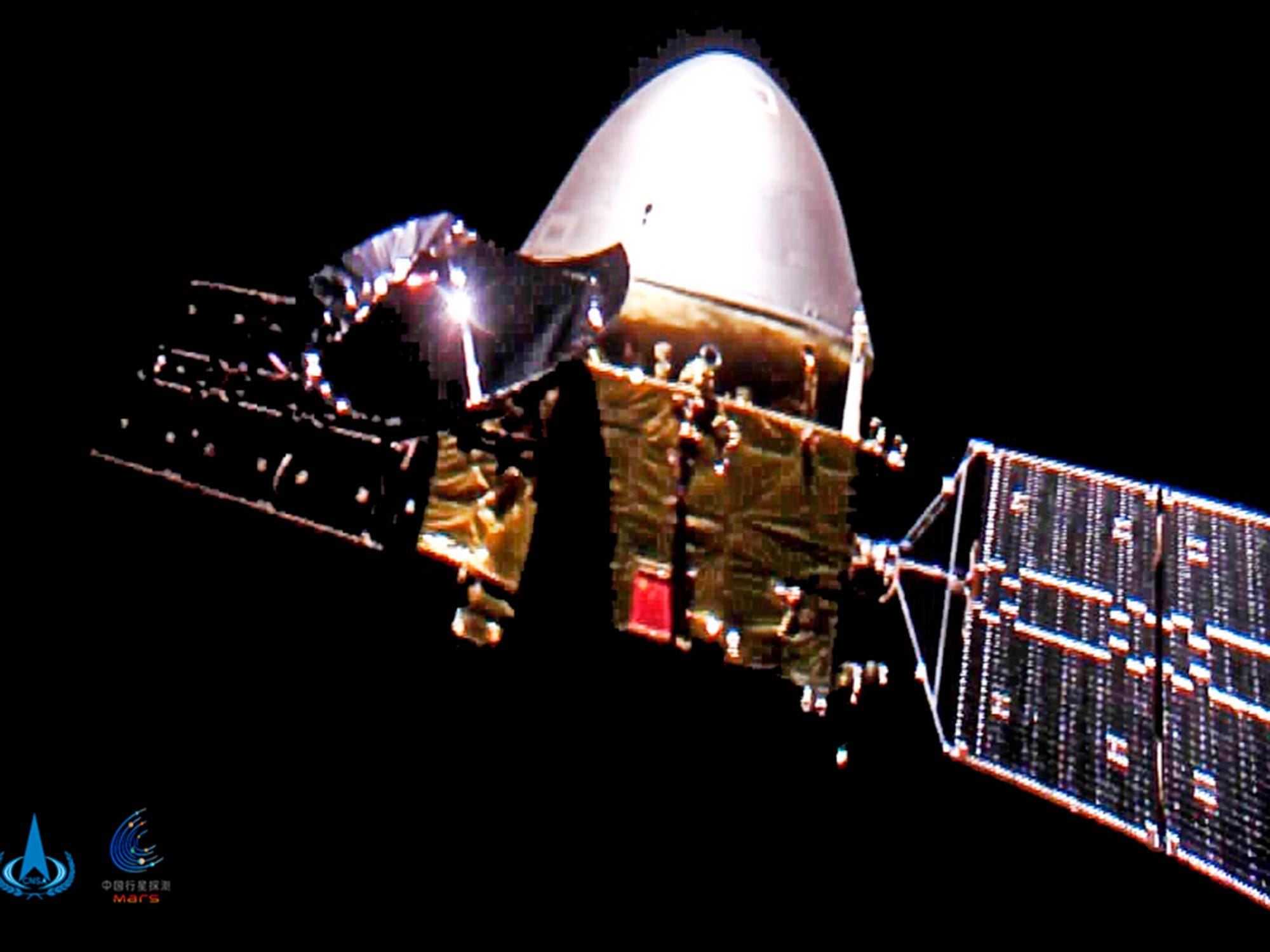
AP
- China will launch its moon lander in 2024, and it will carry gear developed by worldwide scientists.
- The robot is expected to land near the lunar south pole and collect samples for return to Earth.
- A system to protect against near-Earth asteroids may also be in the works.
China plans to launch its next robot lunar lander in 2024, and it will carry equipment manufactured by scientists from France, Sweden, Italy, and Russia, Hu Hao, the program's chief designer, told the Xinhua News Agency on Saturday.
The country aims to position the lander, named Chang'e 6, near the lunar south pole where it will collect samples, per the official news agency.
The Chang'e 6 lander is part of China's ongoing mission to successfully return moon samples back home "for comprehensive analysis and research," Hu said at a conference, Associated Press reported.
For the 2024 mission, The China National Space Administration has invited scientists from around the world to take part in the program, offering to transport solicited payloads into space. So far, four payloads designed by the international scientists have been preliminarily chosen, the Xinhua News Agency reported.
Apart from the moon lander, the country's exploration efforts could also include an asteroid defense system, although details are scarce, Reuters reported.
According to scientists from around the world, asteroid impacts with Earth have caused mass-extinction events such as the death of dinosaurs. But China isn't the only country concerned about asteroid impacts. According to SlashGear, NASA and other space agencies have also paid close attention to planet-protection programs.
Meanwhile, a Mars rover named Zhu Rong, after a mythical god of fire and war, is already en route to the Red Planet aboard the Tianwen-1 probe. According to a Chinese legend, the mythical god symbolically carries a legacy of defense, South China Morning Post reported.
"Zhu Rong is revered as the earliest god of fire in traditional Chinese culture, symbolising the use of fire to illuminate the earth and bring light," the space agency said in a statement on Saturday.